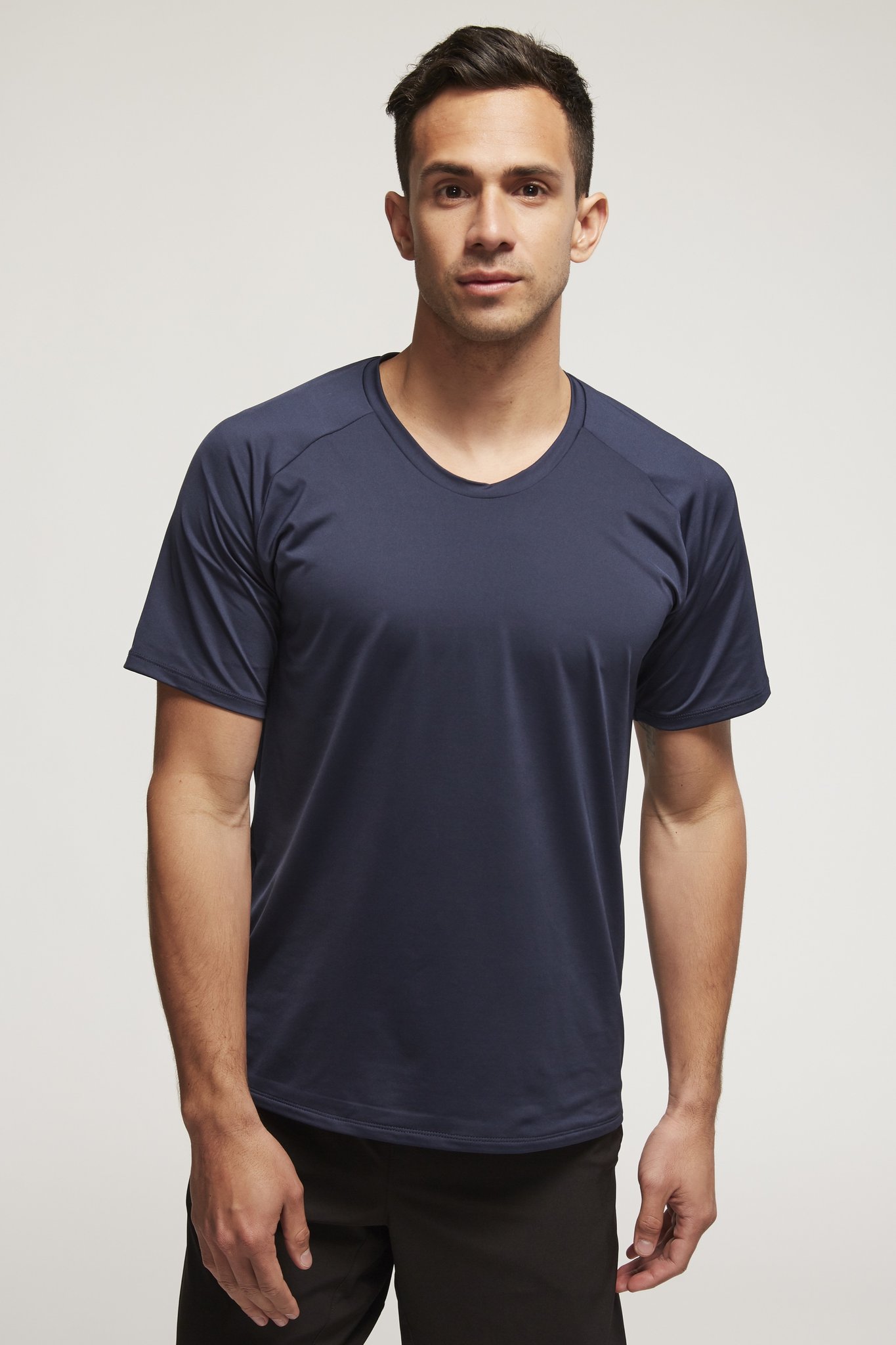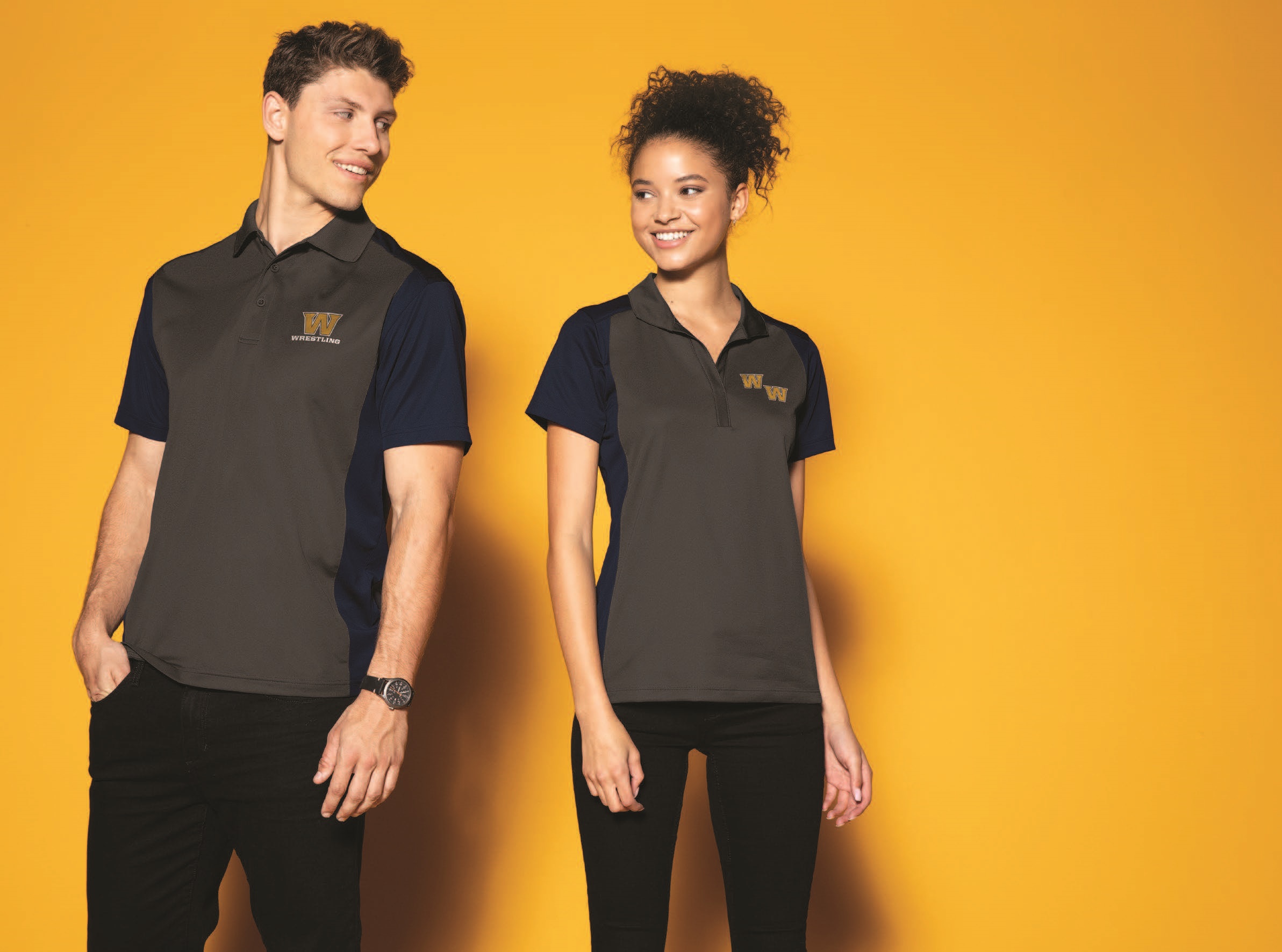
Having good posture feels impossible. Sure, you can go to the chiropractor or take yoga classes as often as you want, but it seems like the slumps always win. If you feel like you’ve tried everything to open up those shoulders and straighten that spine, have you thought of trying a new T-shirt?
An apparel company is trying to use technology woven into the fabric to help correct users’ posture.
During an appearance on Yahoo Finance’s “YFi PM,” IFGfit co-founder and COO Seiji Liu explained the technology.
“We’ve created an interesting blend of an outer normal look—so it’s a normal fabric that’s eco-friendly and made in the USA—and everything on the inside is this inner engineered fabric that uses biomechanics to alter your human structure,” he said. “And what it does is essentially utilize muscle proprioception, which is providing feedback for your body to react to it, to restore this posture. And essentially what it does is, it teaches your shoulder blades how to come closer to the spine in symmetry, and as a result of this bio-mechanic adjustment, your ribcage and chest are expanding, which allows you to have better diaphragm breathing.”
According to the IFGfit website:
Our unique engineered fabric construct (outer fabric and inner smart fabric combined) self-corrects the wearer’s posture and improves chest mobility by naturally realigning the wearer’s head, neck and spine without compression.
The PPR technology utilizes muscle proprioception to gently re-align the body and recreate the benefits of the ‘cobra pose’ position in yoga. The fabrics’ stimulation of specific areas of the wearer’s skin keeps the wearer’s shoulders symmetrical and closer to the spine. This biomechanical alteration reduces stress in the neck, shoulders and back.
Our technology utilizes muscle proprioception to activate spinal extension for refined shoulder blade symmetry and increased thoracic mobility (chest expansion). The upright posture also decreases tension and muscle activity in the trapezius (shoulder muscle), activating the erector spinae (lumbar musculature) for less spinal fatigue, all of which promotes a taller stance, spinal extension, and reduced neck stress.
Liu created the company with his father, an orthopedic surgeon, and worked with athletes as part of its research and development. But Liu says that it’s not just for athletes and their recovery. It’s mostly for the millions of people all over the world who deal with discomfort as a result of sedentary jobs at computers or looking at their phones constantly.
“It’s a problem that faces 90 percent-plus of Americans and worldwide,” he said. “We’re targeting right now, there’s a medical community—doctors or people who are facing a lot of neck strain—anyone in any occupation for the most part. I think athletes are a great branding exercise, and they feel the immediate effects of recovery. But [it’s for] the everyday person. […] And this is the first generation really in the last five to ten years where we’re seeing everyone on their cellphones and computers. They’ve got this neck tension and strain, and there’s even reports of this horn that’s growing on people’s necks because of this tension that they’re dealing with looking at screens. I think this is something where we’ve created a game-changing smart clothing that can help with injury prevention and self-care.”
The implementation of technology into athletic wear is part of a growing trend in athletic wear—one where the clothes are no longer just made for the gym or for the basketball courts. As athleisure becomes more socially acceptable in more settings, including the workplace, providing a comfortable and effective article of clothing that looks good and helps with problems created by modern workplaces can make a company like IFGfit really stand out.
“I think there’s a bigger acceptance in the public of not just being workout gear,” Liu said. “You’re seeing it more and more in daily living or sometimes in the office even. What you’re seeing with this next generation of technology is that we can implement medical benefits and actual health benefits into a seamless format into these shirts and garments that we’re creating, and it’s invisible. So we call it invisible, anti-slouch technology.”
Right now the company makes T-shirts, polo shirts, bras and leggings ranging from about $90 to almost $300. This could be a major development in the athleisure, athletic wear and even workwear categories.



